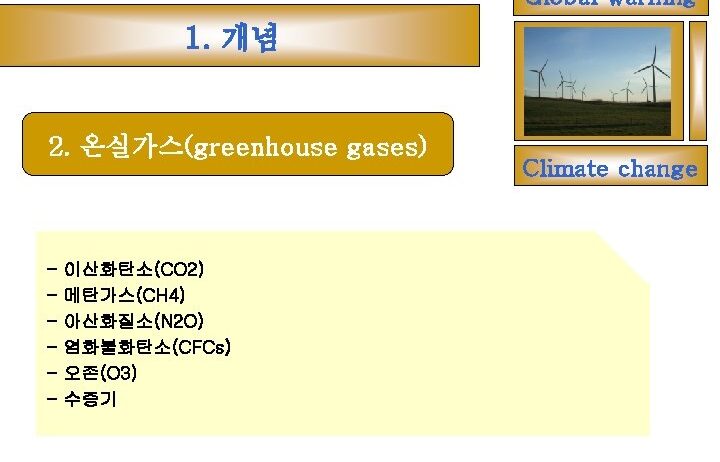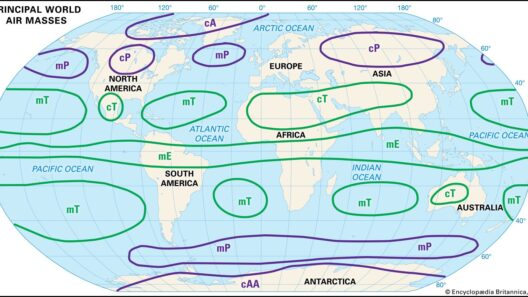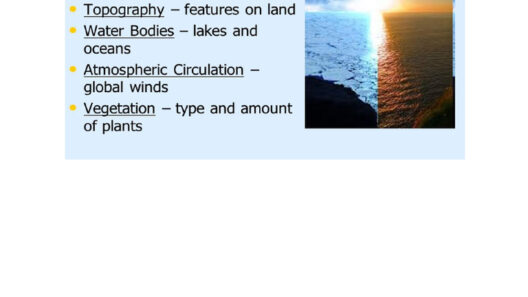As the countdown of the climate clock ticks ever closer to zero, a profound sense of urgency envelops the global community. The implications of this countdown reach far beyond mere ticking seconds; they reverberate through ecosystems, economies, and ethics. But what exactly awaits us at this metaphorical and literal precipice? What happens when the climate clock strikes zero?
At its core, the climate crisis is a multifaceted challenge deeply rooted in human activity. The combustion of fossil fuels, deforestation, and industrial practices have released unprecedented levels of greenhouse gases (GHGs) into the atmosphere. These actions have not only altered our planet’s atmospheric composition but have also catalyzed a cascade of environmental changes that threaten all forms of life on Earth.
As we approach the zero hour, the most immediate consequence will be the exacerbation of climate extremes. Weather patterns, long perceived as stable, are now volatile and unpredictable. Heatwaves, floods, hurricanes, and droughts will become increasingly common. The Intergovernmental Panel on Climate Change (IPCC) warns us that a temperature rise of just 1.5 degrees Celsius above pre-industrial levels could be catastrophic. From coral bleaching to the displacement of entire communities, the repercussions of climate inaction are stark and severe.
Beyond the physical disasters, there lies an unraveling of biodiversity. The extinction rate of species is surging at an alarming pace, attributed predominantly to habitat destruction, pollution, and climate change. Critical ecosystems such as rainforests and wetlands are on the brink, each moment stolen from their vitality. These ecosystems provide invaluable services, from carbon sequestration to water purification. The loss of biodiversity not only affects environmental health but also threatens food security for millions globally. A world devoid of its rich biological tapestry is one that may struggle to recover from the very crises we currently face.
On the economic front, the repercussions of allowing the climate clock to hit zero will be profound. The financial ramifications of climate-related disasters are manifesting in real time, with estimates suggesting that global economic losses could reach trillions of dollars annually if decisive action is not taken. Agricultural instability, forced migration due to rising sea levels, and the health costs associated with pollution could destabilize markets and strain national economies. Some industries may collapse entirely, while others may need to pivot rapidly to adapt to the new reality of climate extremes.
But what does it mean for governance and societal structures when the clock strikes zero? As resources dwindle and the impacts of climate change escalate, societal tensions may rise. The innate human struggle for survival could lead to conflict over dwindling resources. This potential for societal breakdown underscores the importance of collaboration and proactive policymaking. Global leaders must prioritize collective action above nationalistic endeavors. Multilateral agreements will be essential in addressing climate migration, resource allocation, and dispute resolution.
Furthermore, the implications of the climate clock hitting zero extend into ethics and societal values. The demographic most affected by climate change—developing countries and marginalized communities—often contribute least to the problem. The moral imperative to act has never been more urgent, underscoring the need for equitable resource distribution and climate justice. Addressing the climate crisis must also encompass social equity, ensuring that vulnerable populations are not left to bear the brunt of environmental negligence.
As this existential crisis unfolds, it also presents an extraordinary opportunity for humanity. The notion of hitting zero could catalyze an epochal shift in perspective. Paradigms rooted in overconsumption and waste may yield to more sustainable practices that value conservation and resilience. Renewable energy technologies, from solar power to wind farms, are on the verge of revolutionizing our energy landscape. The next frontier of innovation lies in the embrace of green technologies and a commitment to a circular economy.
Moreover, education and consciousness-raising will play pivotal roles in navigating this transformation. There is a pressing need for a comprehensive understanding of environmental stewardship cultivated through curricula and community engagement. Individuals must embrace their role as stewards of the Earth, understanding the ripple effects of their choices—be it through dietary changes, energy consumption, or waste reduction.
In conclusion, the impending moment when the climate clock strikes zero is not merely symbolic; it presents profound and pressing realities. The cumulative consequences of inaction will reverberate through all aspects of life—from environmental degradation and economic instability to societal strife and ethical dilemmas. Yet within this looming crisis lies an unparalleled opportunity for transformation. A global reimagining of relationships with our planet and each other can emerge, fostering a sustainable framework that honors both ecological systems and human dignity. We stand at a crossroads; the decisions we make today will have far-reaching consequences. It is imperative that we act now to change the trajectory of our future before the clock reaches its final tick. The time for action is upon us; it is a time to awaken to our shared predicament and embrace a collective path forward.







